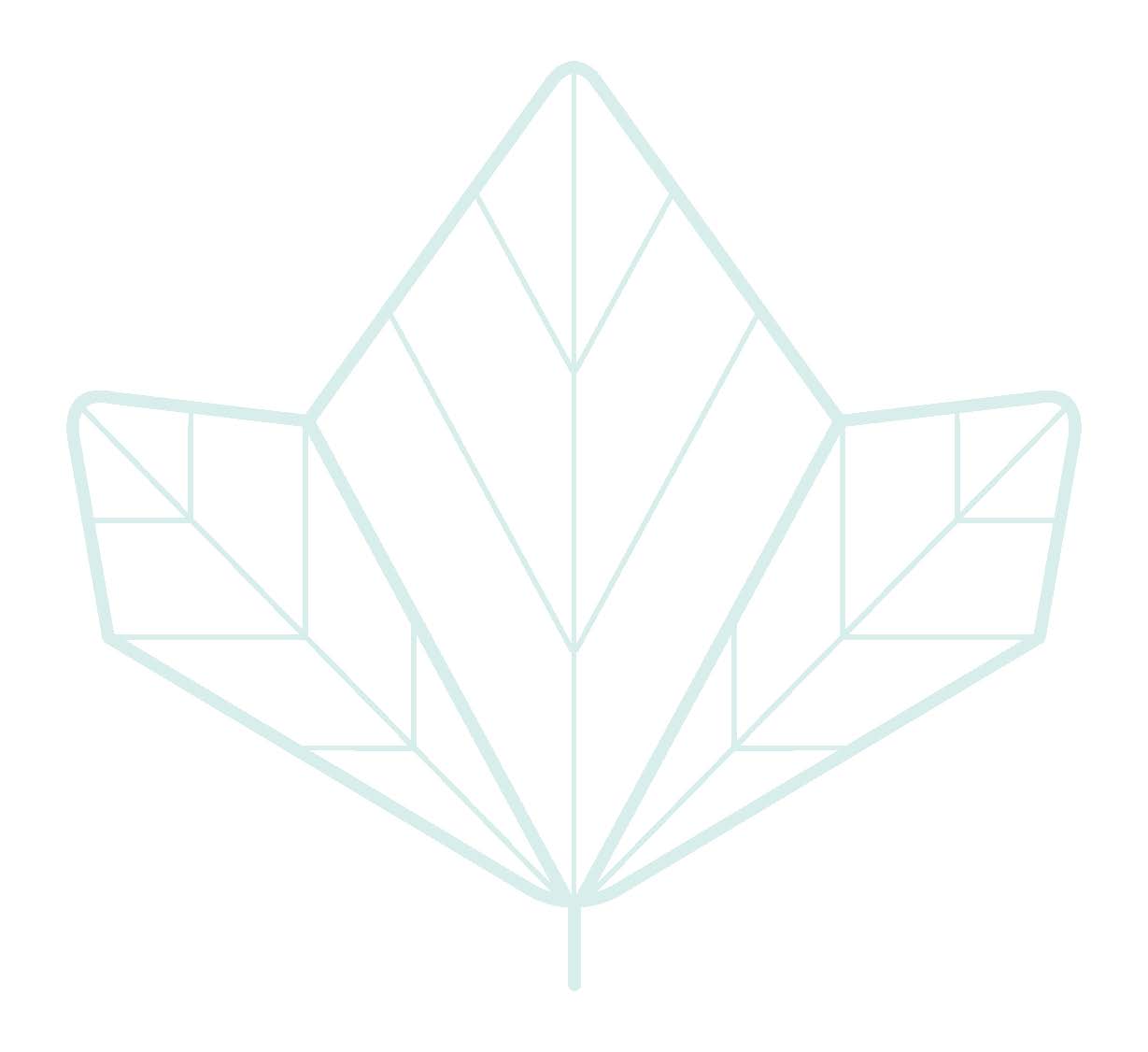Traditional Chinese Medicine Supports the Immune System
- The Herbalist Health

- Nov 4, 2025
- 3 min read
Updated: Dec 3, 2025
Understanding the Role of Wei Qi in Immunity
According to Traditional Chinese Medicine (TCM), the immune system is closely linked to Wei Qi, or “defensive qi.” This vital energy acts as the body's shield, protecting us from external pathogens. Understanding how Traditional Chinese Medicine supports the immune system can empower us to take charge of our health.
The Six Evil Influences
In TCM, there are six external pathogenic factors also known as the six evil influences that can invade the body when Wei Qi is weak. These are:
Wind
Damp
Cold
Fire
Summer Heat
Phlegm
Each of these influences can compromise our health, making it essential to maintain a robust Wei Qi.
The Seven Emotions
Our emotional state also plays a significant role in our overall health. The seven emotions—joy, anger, fear, sadness, grief, worry, and fright—can affect specific organs and disrupt the flow of qi. When these emotions are in excess, they can lead to imbalances that weaken our immune system.
Work-Life Balance
Maintaining a healthy work-life balance is crucial. Long periods of excessive physical or mental exertion can deplete our essence. Inadequate or inconsistent sleep can further deplete our yin and qi, leaving us vulnerable to illness. Using Traditional Chinese Medicine Supports the Immune System and can help you deal with what life throws at you!
Nutrition Matters
What we eat significantly impacts our health. A poor diet, particularly one high in processed foods, sugar, and excessive raw, cold, or greasy foods, can weaken the spleen. This, in turn, inhibits its ability to transform and transport nutrients, which are essential for producing qi and blood.
The Power of Herbs in TCM
Now, let's explore how specific Traditional Chinese Medicine Herbs Supports the Immune System and can help bolster overall health.
党参 - Dang Shen / Codonopsis Pilosula
In TCM, Dang Shen is associated with the Lungs and Spleen Meridians. This herb has a sweet flavour profile and is neutral in nature. It is often used for:
Tonnifying qi and the middle jiao: This is particularly beneficial for chronic illness due to spleen qi deficiency, which can cause fatigue, tired limbs, digestive issues, and vomiting.
Nourishing blood and promoting the production of body fluids: It is effective for deficiencies of qi, blood, and body fluids, especially those arising from chronic illness.
Expelling pathogenic influences: Dang Shen helps boost the immune system, combat colds and flu, and improve overall vitality.
Tonnifying and improving lung function: It is useful for chronic cough and shortness of breath due to spleen qi deficiency.
Dang Shen is frequently paired with Fu Ling, Huang Qi, Qian Hu, and Zhi Ban Xia.

黄芪 - Huang Qi / Radix Astragali
Huang Qi is another powerful herb in TCM, associated with the Lungs and Spleen Meridians. It has a sweet flavour profile and is slightly warm in nature. Huang Qi is often used for:
Tonnifying qi and blood: This is especially important for postpartum recovery from fever due to qi and blood deficiency, as well as recovery from severe blood loss, including blood clots and stroke.
Tonnifying wei qi: It stabilises the exterior and aids in the circulation of moisture downward from the head. This is beneficial for dampness in the head and qi, yang, and yin deficiencies, which can cause dizziness, a sallow or pale face, vertigo, and difficulty speaking.
Strengthening the spleen and raising yang qi: This is vital for those with lung and spleen qi deficiency, especially if they experience issues like easy bruising or bleeding, severe blood loss, hematemesis, hematochezia, or uterine bleeding.
Generating blood and bodily fluids: Huang Qi aids in expelling pus and regenerating tissues, which can help with numbness of the limbs, paralysis, and pain due to deficiency of qi and blood.
Huang Qi is frequently partnered with herbs such as Sheng Ma, Chai Hu, and Fang Feng.

Conclusion: Embrace Holistic Health
Incorporating the principles of Traditional Chinese Medicine into our lives can lead to a more balanced and resilient immune system. By understanding the role of Wei Qi, managing our emotions, maintaining a healthy work-life balance, and nourishing our bodies with the right foods and herbs, we can take significant steps towards achieving personal wellness.
If you're curious about how TCM can help you on your health journey, I encourage you to explore further. Embrace the wisdom of ancient techniques combined with modern practices, and let’s work together towards a healthier, more vibrant life. Your journey to wellness starts here!


Comments